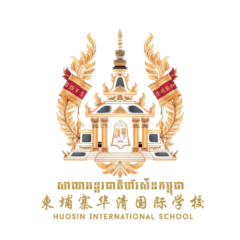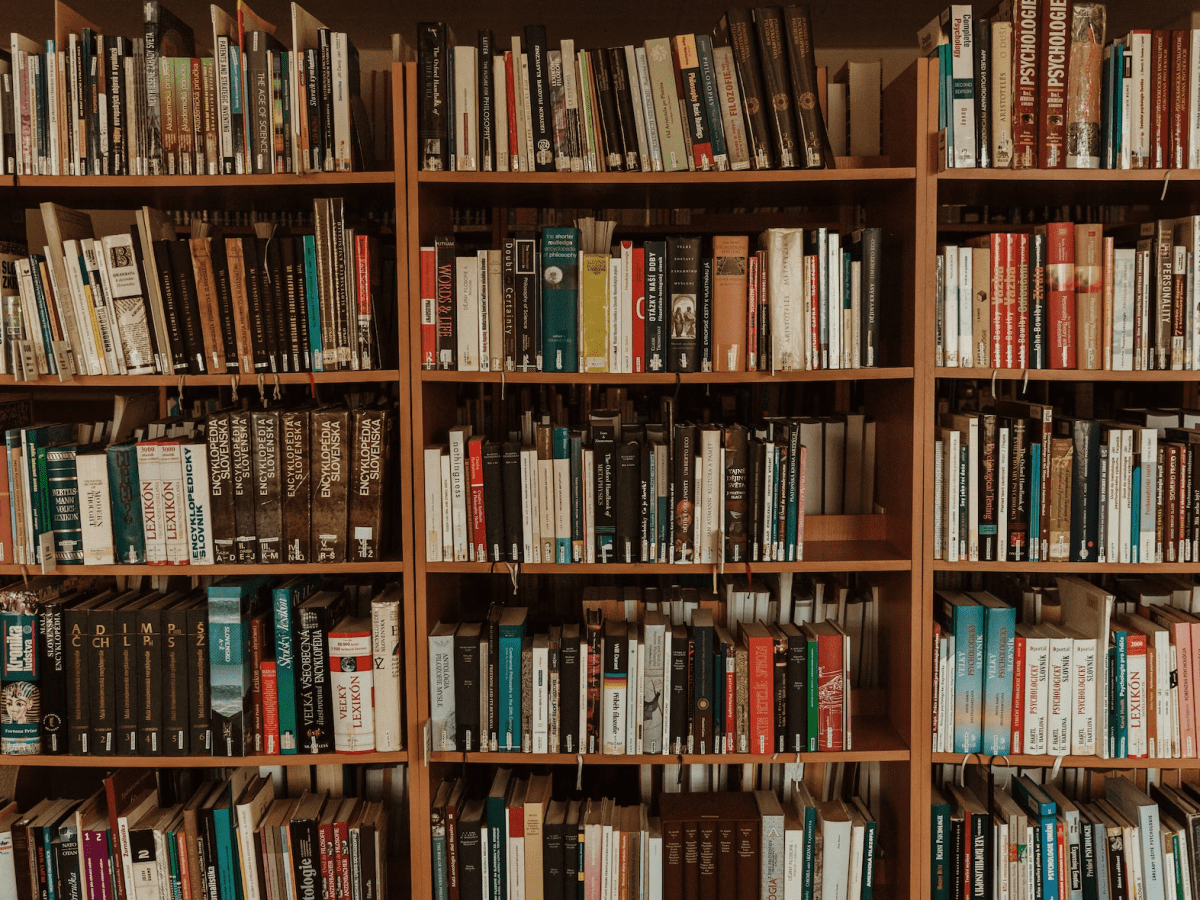
Chinese studies
Immerse yourself in the rich culture and language of China with our vibrant Chinese studies program. At our School (Cambodia), students embark on a journey of language proficiency and cultural understanding through engaging coursework and interactive learning experiences. Our dedicated instructors bring passion and expertise, while our resources include language labs and cultural events that deepen appreciation for Chinese traditions.
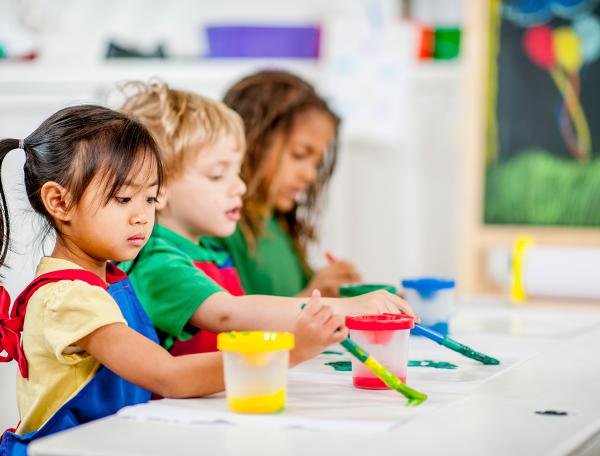
Art (bilingual)
creativity thrives through our diverse art program. From painting and sculpture to digital design and photography, students explore their passions in a supportive environment. Our experienced art faculty encourages personal expression and technical skill development. With dedicated studios and access to top-notch resources, we nurture budding artists and celebrate their achievements.
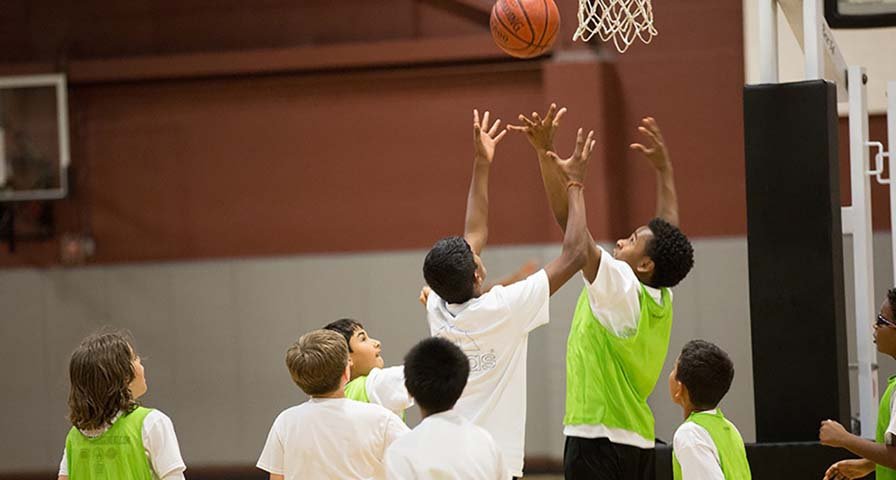
Various sports (bilingual)
We believe in the power of athletics to inspire, unite, and excel. Our diverse sports program offers something for everyone, from basketball and soccer to swimming and track & field. Led by passionate coaches, our teams compete at local and regional levels, fostering teamwork and individual growth. With top-notch facilities and a supportive community.
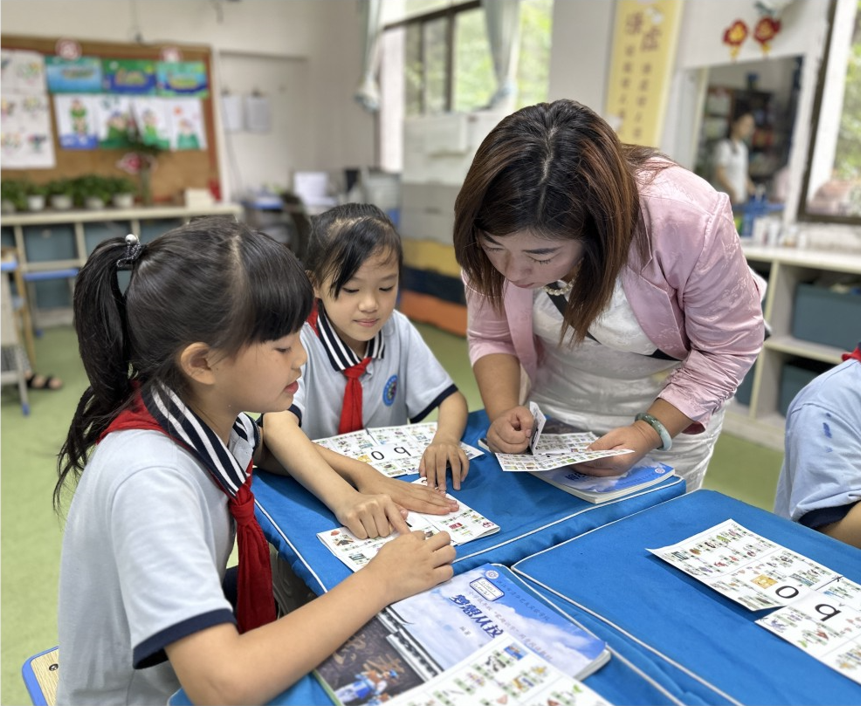
Math (Trilingual)
This course equips students with essential mathematical skills and knowledge. Topics covered include arithmetic operations, algebraic expressions and equations, geometric shapes and measurements, as well as problem-solving strategies. Emphasis is placed on both theoretical understanding and practical application through real-world examples and exercises. Students will develop critical thinking skills and numerical proficiency essential for further academic pursuits and everyday life.
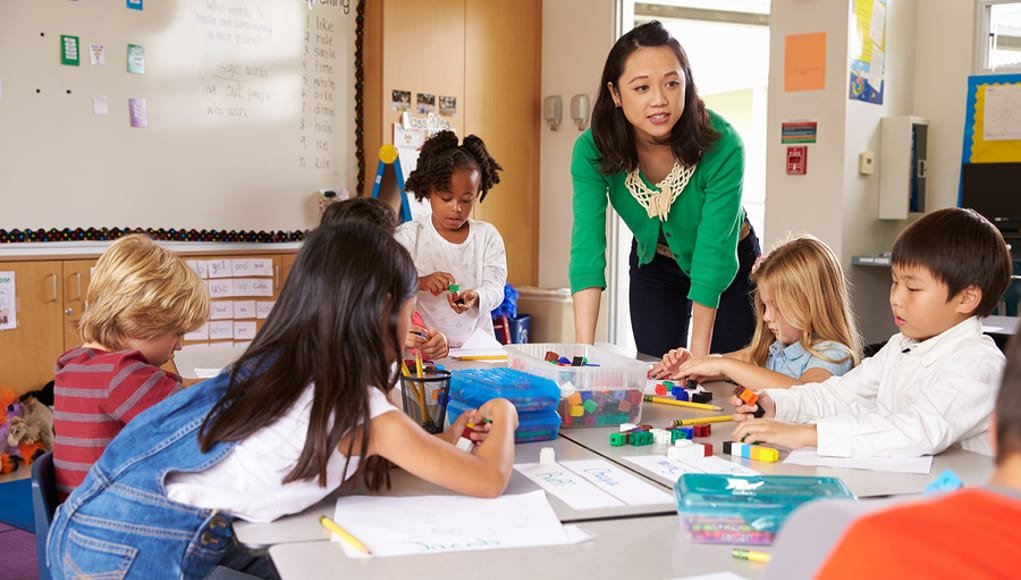
English
This course focuses on developing proficiency in the English language through reading, writing, listening, and speaking activities. Students explore various literary genres, analyze texts for themes and literary devices, and improve their comprehension and communication skills. Grammar and vocabulary enhancement are integrated to strengthen writing abilities, while discussions and presentations encourage confident expression of ideas. The course aims to cultivate a deeper appreciation for literature and effective communication in both academic and personal contexts.

Biology (bilingual)
This course explores the study of living organisms and their interactions with the environment. Students delve into fundamental biological principles such as cellular structure and function, genetics, evolution, and ecology. Through hands-on laboratory experiments and investigations, students gain practical experience in scientific inquiry, data analysis, and critical thinking. The course emphasizes understanding biological concepts through observation, experimentation, and the application of scientific methods. It aims to foster an appreciation for the diversity and interconnectedness of life while preparing students for future studies and careers in the sciences.
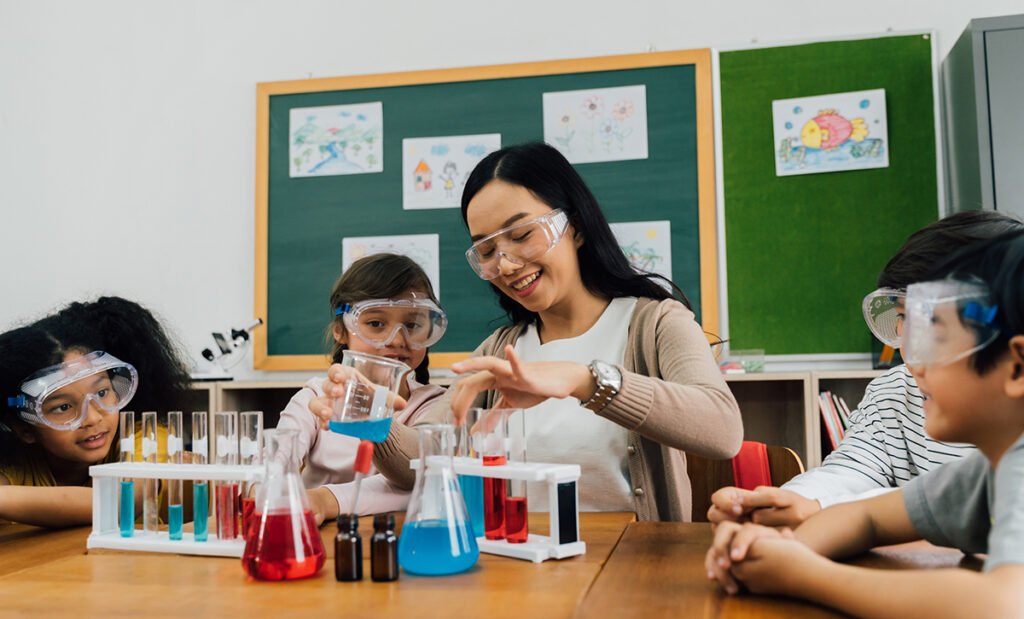
Chemistry (bilingual)
This course explores the fundamental principles of matter and its transformations. Students study atomic structure, chemical bonding, reactions, and the properties of elements and compounds. Laboratory experiments play a crucial role in reinforcing theoretical concepts, allowing students to observe chemical phenomena firsthand and develop practical skills in handling chemicals and equipment safely. Emphasis is placed on problem-solving, critical thinking, and analytical skills essential for understanding chemical processes and their applications in everyday life and various scientific disciplines. The course aims to cultivate a deeper appreciation for the complexities of matter and its interactions, preparing students for further studies in chemistry and related fields.
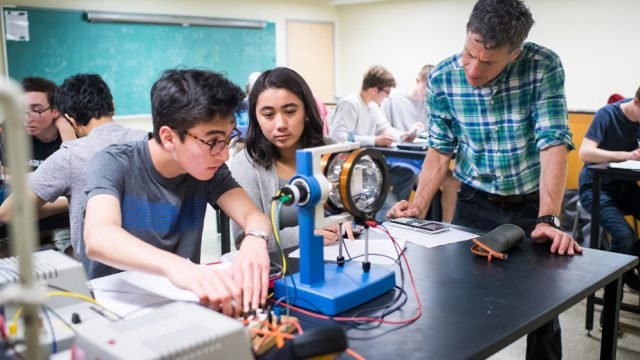
Physics (bilingual)
This course explores the fundamental principles governing the natural world and physical phenomena. Students investigate concepts such as motion, forces, energy, waves, electricity, and magnetism. Through theoretical exploration and practical experimentation in the laboratory, students apply mathematical reasoning and critical thinking skills to analyze and solve problems related to the behavior of matter and energy. The course emphasizes the development of scientific inquiry skills, including observation, hypothesis testing, and data interpretation. It aims to foster an understanding of the principles underlying the physical universe and their applications in technology and everyday life, preparing students for further studies and careers in fields such as engineering, medicine, and research.
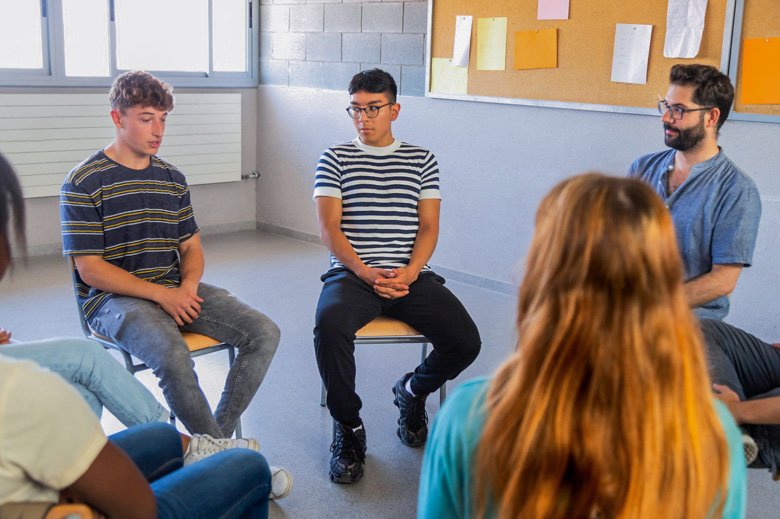
Psychology (bilingual)
This course explores the scientific study of behavior and mental processes. Students delve into various psychological theories, including those related to cognition, emotion, development, personality, and social behavior. Through case studies, experiments, and discussions, students examine how individuals perceive, think, and interact with their environment. The course emphasizes critical thinking, research skills, and ethical considerations in the field of psychology. Students gain insights into human behavior and mental health while exploring practical applications of psychological principles in diverse contexts such as education, health care, and counseling. The course aims to cultivate a deeper understanding of human nature and prepares students for further studies and careers in psychology and related fields.

Physical Education (bilingual)
This course promotes physical fitness and overall health through structured physical activities and exercises. Students engage in various sports, games, and fitness routines that enhance cardiovascular endurance, muscular strength, flexibility, and coordination. Emphasis is placed on developing sportsmanship, teamwork, and leadership skills through participation in individual and team-based activities. The course also includes instruction in proper warm-up techniques, injury prevention, and the importance of a balanced lifestyle. Through active participation and reflection, students learn the benefits of regular physical activity and develop lifelong habits for maintaining health and well-being. The course aims to foster a positive attitude towards physical fitness and encourages students to lead active lifestyles beyond the classroom.

ICT (Information, Computers and Technology) (bilingual)
This course introduces students to the fundamentals of information technology and its applications in modern society. Students learn essential skills in using computer hardware, software, and digital tools for communication, data processing, and problem-solving. Topics include computer systems and networks, digital literacy, internet safety, and ethical considerations in technology use. Through hands-on activities and projects, students gain practical experience in word processing, spreadsheets, multimedia presentations, and basic programming concepts. The course emphasizes critical thinking, creativity, and collaboration in utilizing technology to enhance productivity and communication. It aims to prepare students to navigate and contribute responsibly in a technology-driven world, equipping them with skills for further studies and careers in fields such as IT, business, and digital media.
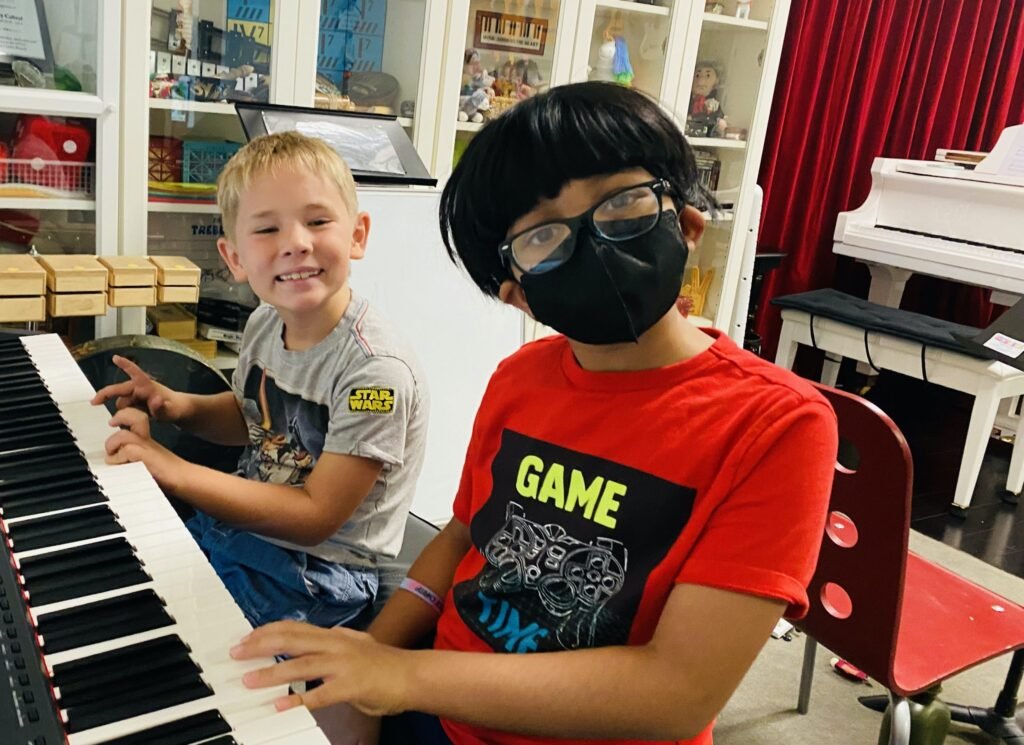
Music (bilingual)
This course explores the fundamentals of music theory, history, and performance. Students learn to read and interpret musical notation, understand rhythm, melody, harmony, and form. Through listening exercises and analysis of different musical genres and styles, students develop an appreciation for diverse musical traditions and cultures. Practical instruction includes vocal and instrumental techniques, ensemble performance, and music composition. Emphasis is placed on creativity, expression, and developing individual musical talents. The course aims to foster a lifelong appreciation for music while providing opportunities for personal growth and artistic expression through active participation in musical activities and performances.
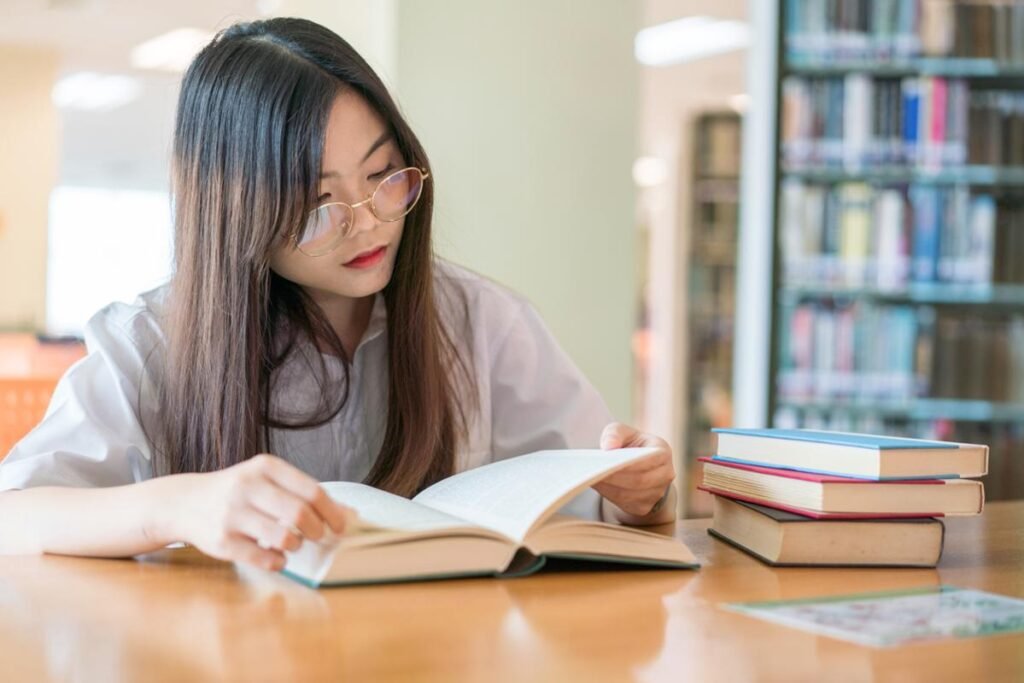
History (Trilingual)
This course examines key events, figures, and developments that have shaped societies and civilizations throughout different time periods. Students explore various historical eras, from ancient civilizations to modern times, and study significant political, social, economic, and cultural transformations. Through primary and secondary source analysis, students gain insights into historical perspectives, interpretations, and the impact of historical events on contemporary issues. The course fosters critical thinking, research skills, and historical literacy as students investigate the causes and consequences of historical events and trends. It aims to cultivate an understanding of the complexities of human experience and the connections between past and present, preparing students to be informed and engaged citizens in a global context.
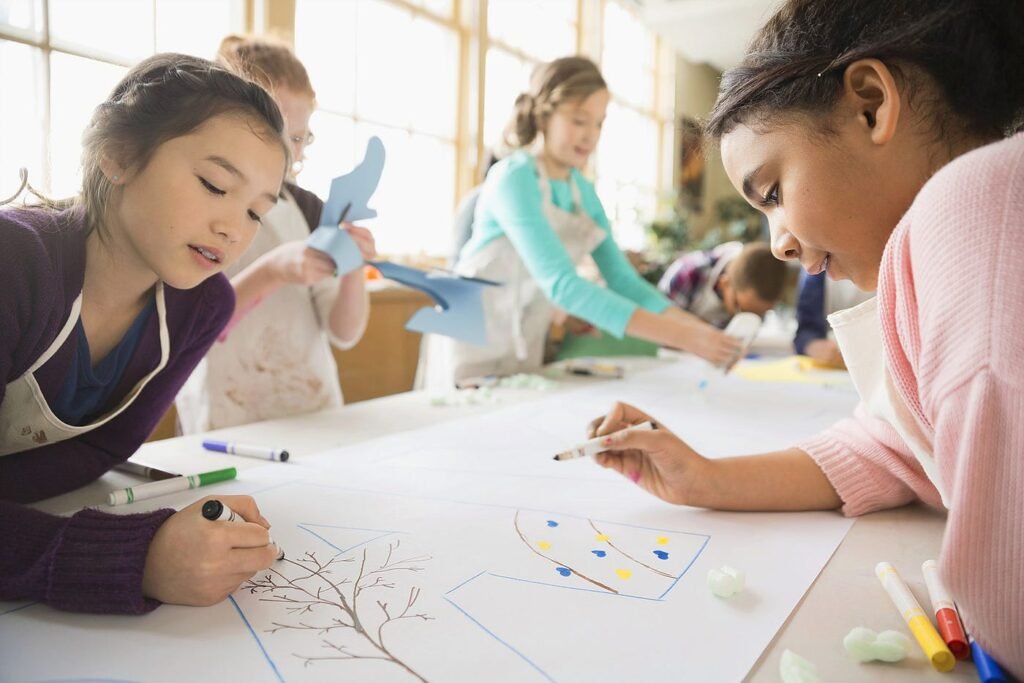
Geography (bilingual)
This course explores the physical and human aspects of the Earth’s surface and their interactions. Students study geographic features such as landforms, climate patterns, ecosystems, and natural resources. They also examine human geography topics including population distribution, cultural diversity, economic activities, and urbanization. Through maps, charts, and spatial analysis, students develop skills in interpreting geographic data and understanding global patterns and trends. The course emphasizes the interconnectedness of human societies and the environment, as well as the impact of human activities on natural landscapes. It aims to cultivate spatial awareness, critical thinking, and a global perspective, preparing students to understand and address geographical challenges and opportunities in the contemporary world.


